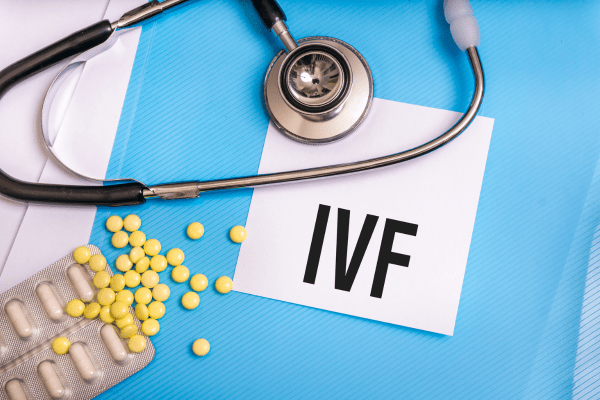In the journey of in vitro fertilization (IVF), the role of male partners is integral and extends beyond mere participation. Understanding the importance of their contribution, emotional support, and active involvement can significantly enhance the overall success and experience of IVF treatment.
- Semen Analysis and Male Fertility Evaluation
- Initial Assessment
- Semen Analysis:
– Male partners undergo a semen analysis to evaluate sperm quality, count, and motility. This initial assessment helps determine the potential challenges and informs the course of IVF treatment.
- Male Fertility Evaluation:
– Beyond semen analysis, further evaluation may be necessary to identify any underlying male factor infertility issues that could impact the success of IVF.
- Supporting Emotional Well-being
- Open Communication
- Shared Decision-Making:
– Engage in open discussions about the IVF process, expressing concerns, hopes, and expectations. Shared decision-making fosters a sense of unity throughout the journey.
- Acknowledging Emotions:
– Recognize and validate each other’s emotions. IVF can be emotionally challenging, and acknowledging feelings contributes to a supportive environment.
III. Healthy Lifestyle Practices
- Nutrition and Wellness
- Balanced Diet:
– Adopting a balanced diet rich in nutrients supports overall health and can positively influence sperm quality.
- Avoidance of Harmful Substances:
– Eliminating or minimizing the intake of substances such as tobacco and excessive alcohol contributes to optimal fertility.
- Active Participation in Treatment
- IVF Education
- Understanding the IVF Process:
– Actively engage in learning about the IVF process, including procedures, medications, and potential challenges. Informed participation strengthens the sense of partnership.
- Attending Appointments:
– Accompanying the partner to medical appointments, especially during significant milestones like egg retrieval and embryo transfer, provides emotional support and enhances involvement.
- Coping with Challenges
- Mutual Support
- Resilience Building:
– Acknowledge that the IVF journey may involve setbacks. Building resilience as a team helps navigate challenges with a positive outlook.
- Seeking Professional Support:
– If needed, consider seeking counseling or support groups. Professional guidance can assist both partners in coping with stress and emotional strain.
- Celebrating Success and Nurturing Hope
- Shared Achievements
- Milestones and Achievements:
– Celebrate milestones together, from successful fertilization to a positive pregnancy test. These moments strengthen the bond and nurture hope.
- Positive Outlook:
– Maintaining a positive outlook as a couple, irrespective of the outcome, reinforces the shared commitment to building a family.
VII. Conclusion
The role of male partners in IVF treatment goes beyond biological contribution. Active involvement, emotional support, and a united approach significantly contribute to the overall success and well-being of both partners. As a team, navigating the IVF journey becomes a shared experience, fostering a sense of unity and resilience.
For comprehensive fertility-related solutions and expert guidance, couples can seek the support of specialists like Dr. S. Vyjayanthi, MD, DGO, DNB, MRCOG, MSC (Embryology UK), CCT(UK), at MotherToBe. Their personalized approach and expertise ensure that both partners receive the care and support they need throughout the IVF process.
FAQs (Frequently Asked Questions) About the Role of Male Partners in IVF Treatment
- What is the significance of semen analysis in the IVF process?
– Answer: Semen analysis is crucial as it assesses the quality, quantity, and motility of sperm. This information guides fertility specialists in determining the most appropriate course of IVF treatment.
- Can lifestyle changes improve male fertility during IVF?
– Answer: Yes, adopting a healthy lifestyle, including a balanced diet, regular exercise, and avoiding harmful substances, can positively impact male fertility and enhance the chances of IVF success.
- How can male partners actively participate in the IVF journey?
– Answer: Male partners can actively participate by attending medical appointments, learning about the IVF process, providing emotional support, and engaging in shared decision-making with their partners.
- Is emotional support important for male partners during IVF treatment?
– Answer: Yes, emotional support is crucial for male partners. The IVF journey can be emotionally challenging, and open communication, acknowledgment of emotions, and mutual support contribute to a positive experience.
- Are setbacks common in the IVF process, and how can couples cope?
– Answer: Setbacks can occur in the IVF journey. Building resilience as a couple, seeking professional support if needed, and maintaining a positive outlook can help couples navigate challenges and maintain hope throughout the process.

